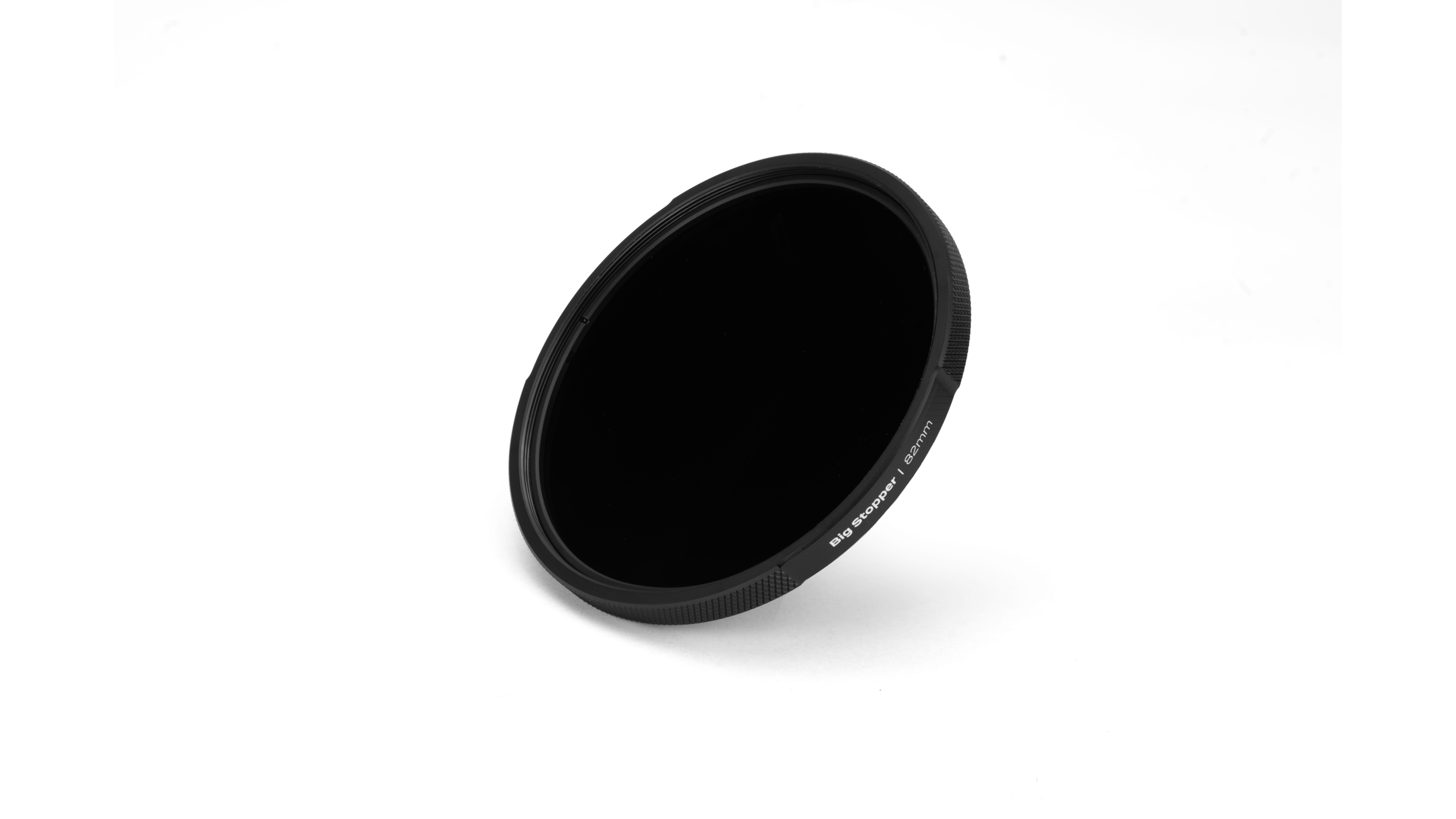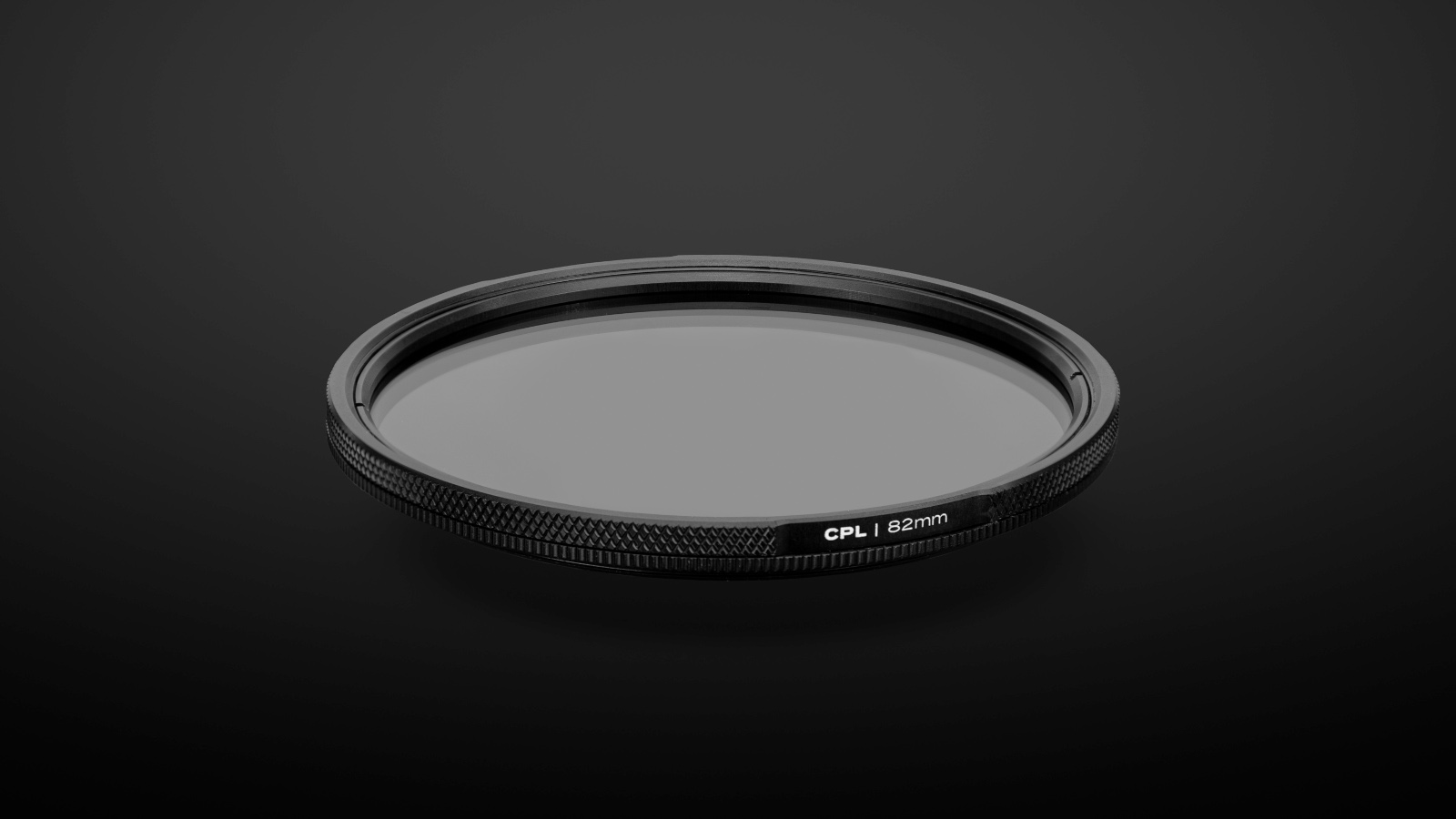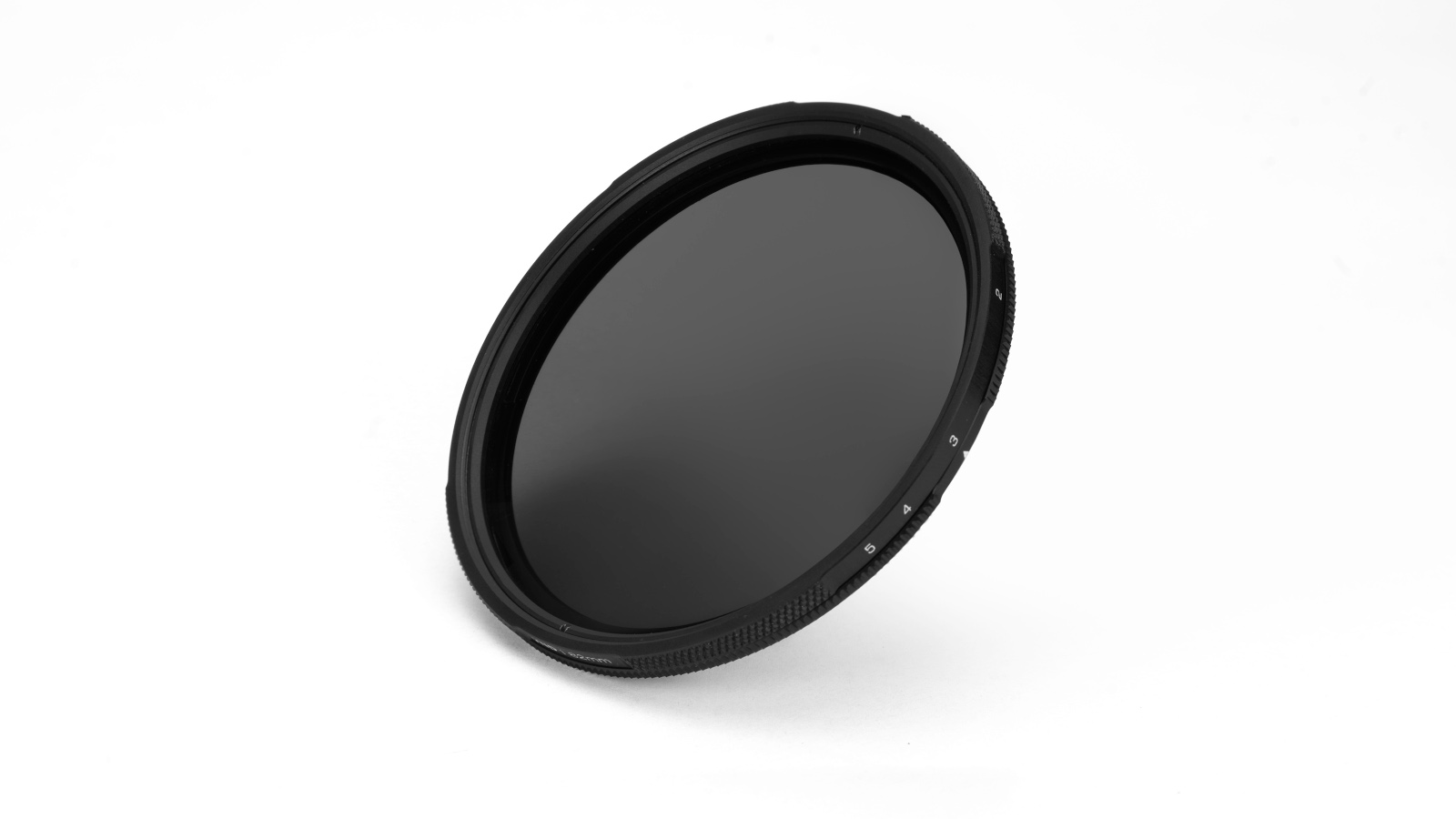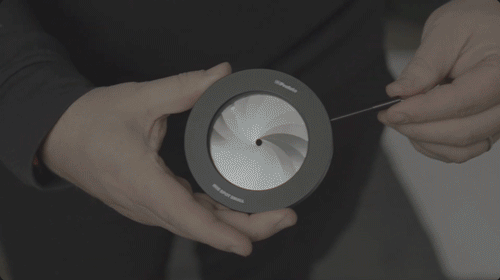LEE Filters finally unveils circular versions of iconic Big Stopper and other filters
They're not square, they're round! Introducing the LEE Elements range

In news that some landscape photographers have no doubt been anticipating for some time, LEE Filters has unveiled new versions of its photographic filters with one crucial difference – they’re circular, not square.
The new selection is called LEE Elements, and it includes five filters: a CPL (circular polarizer), two variable ND filters, the 6-stop Little Stopper ND, and of course, the iconic Big Stopper ND, which provides ten stops of light reduction. It’s hugely popular with landscape photographers for its mega light-controlling abilities, making it possible to shoot long exposures in all sorts of lighting conditions.
The main difference between square and circular filters is how they attach – square filters require a holder to be placed in front of the lens, while circular ones can be screwed directly on – provided that they are the correct size to fit. The new LEE Elements filters will come in four sizes: 67mm, 72mm, 77mm and 82mm. These are standard diameter threads that should fit a good number of lenses.

The filters incorporate multilayer-coated optics for high-level optical performance, with minimal vignetting (light fall-off in the corners of images. They’re constructed with a black anodized aluminium frame, and are made to be easy to attach and detach from lenses, even when the user is wearing gloves. This is largely thanks to the knurled finish that provides an all-weather grip.
The stackable housings on the filters mean they can also be combined. So if you have both a Big and Little Stopper, you can place them on top of each other for 16 stops of light reduction. Or, you can fine tune the level of light reduction by using one or both of the variable ND filters, which provide 2-5 or 6-9 stops of light reduction. These and the circular polariser can all be stacked in front of one of the Stoppers.

The variable and polarizing filters also have silent operation thanks to their fluid rotation mechanics, meaning they’re useful for video too. LEE has included scratch-resistant and anti-reflective coatings on all the new Elements filters, and has also added the hydrophobic (water-repellent) and oleophobic (oil-repellent) coatings from its Panavision cine filters. This makes the filters resistant to fingerprints as well as accidental splashing or raindrops.
The LEE Elements range seems pitched to be an entry point for photographers into the LEE system. To that end, we’d expect them to be on the more affordable end of the scale – not least because you also don’t have to shell out for a holder. They come with their own hard case too for additional protection.
Get the Digital Camera World Newsletter
The best camera deals, reviews, product advice, and unmissable photography news, direct to your inbox!
The LEE Elements filters will go on sale later this month. The Big Stopper and Little Stopper will be priced from £216, the circular polarizer will cost from £162, and the variable polarizers will cost from £270. US pricing has not be yet been announced.
Read more:
• The best polarizing filters
• The best neutral density filters
• The best ND grad filters
• The best variable ND filters
• Lee Filters launches the Lee100 filter system
• The best camera gear for landscape photography
Jon spent years at IPC Media writing features, news, reviews and other photography content for publications such as Amateur Photographer and What Digital Camera in both print and digital form. With his additional experience for outlets like Photomonitor, this makes Jon one of our go-to specialists when it comes to all aspects of photography, from cameras and action cameras to lenses and memory cards, flash diffusers and triggers, batteries and memory cards, selfie sticks and gimbals, and much more besides.
An NCTJ-qualified journalist, he has also contributed to Shortlist, The Skinny, ThreeWeeks Edinburgh, The Guardian, Trusted Reviews, CreativeBLOQ, and probably quite a few others I’ve forgotten.

